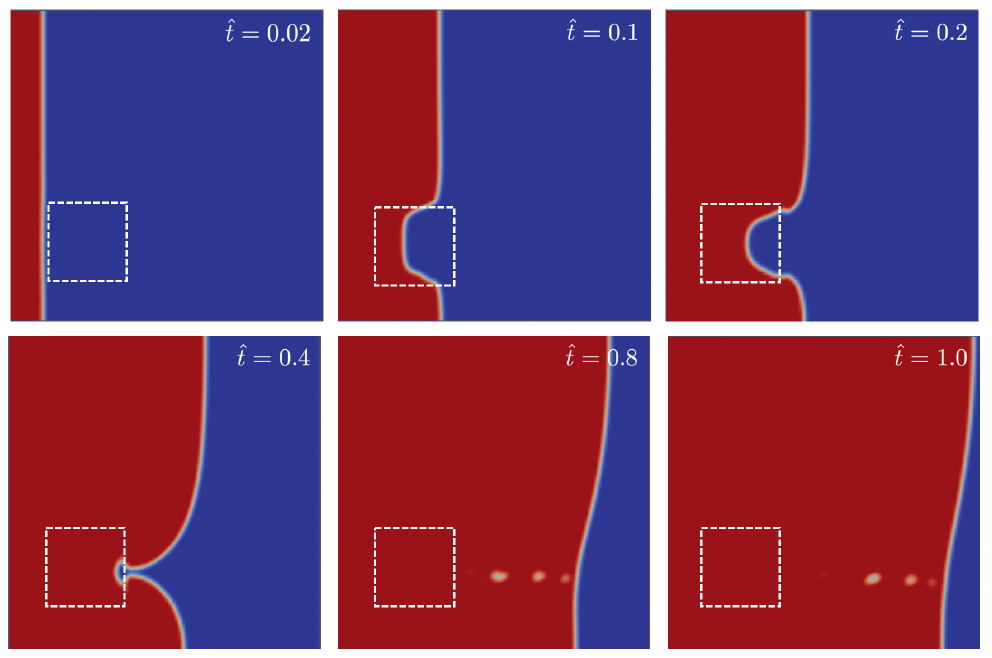Prof. Carlos González
IMDEA, Spain
Biography
Dr. Carlos. González is Senior Researcher and leader of the Structural Composites group at IMDEA Materials Institute and Associate Professor in the Department of Materials Science of the Polytechnic University of Madrid. His research activities focused on the analysis of the relation between microstructure and physical properties of structural composites. These technologies allow the development of virtual tests with a high level of reliability, which are starting to be used to reduce the number of mechanical tests for material certification. During the last years, his research was also focused on manufacturing techniques for fiber reinforced polymers, with special emphasis on out-of-autoclave techniques. Theses research activities have been carried out within the framework of more than 20 research projects funded by regional, national and international R&D programs and through contracts with companies (Airbus Operations, Airbus Defence & Space, etc).
Title
Machine learning methods to detect flow disturbances in liquid moulding of composites
Abstract
In this work, a supervised machine learning (ML) model was developed to detect flow disturbances caused by the presence of a dissimilar material region in liquid moulding manufacturing of composites. The machine learning model was designed to predict the position, size and relative permeability of an embedded rectangular dissimilar material region through use of only the signals corresponding to an array of pressure sensors evenly distributed on the mould surface. A regression model based on the use of convolutional neural networks (CNN) was developed and trained with data generated from mould filling simulations carried out through use of OpenFoam as numerical solver. The evolution of the pressure sensors through the filling time was stored and used as grey-level images containing information regarding the pressure, the sensor location within the mould and filling time. The trained CNN model was able to recognise the presence of a dissimilar material region from the data used as inputs, yielding reasonable accuracy in terms of detection. Accuracy and model robustness were also addressed in the paper. The ability of ML models to examine and overcome complex physical and engineering problems such as defects produced during manufacturing of materials and parts is particularly innovative and highly aligned with Industry 4.0 concepts [1,2].

Figure 1: Snapshots of the flow progress through a squared RTM mould containing a square region with relative permeability of b=0.1.
References
[1] C. González, J.J. Vilatela, J.M. Molina-Aldareguía, C.S. Lopes, and J. LLorca. Structural composites for multifunctional applications: Current challenges and future trends. Progress in Materials Science, 89:194, 251, 2017.
[2] Nihad A. Siddig, Christophe Binetruy, Elena Syerko, Pavel Simacek, and Suresh Advani. A newmethodology for race-tracking detection and criticality in resin transfer molding process using pressure sensors. Journal of Composite Materials, 52 (29):4087-4103, 2018.
All sessions by Prof. Carlos González
Session theme: Advancing processing through models and data
IMDEA, Spain